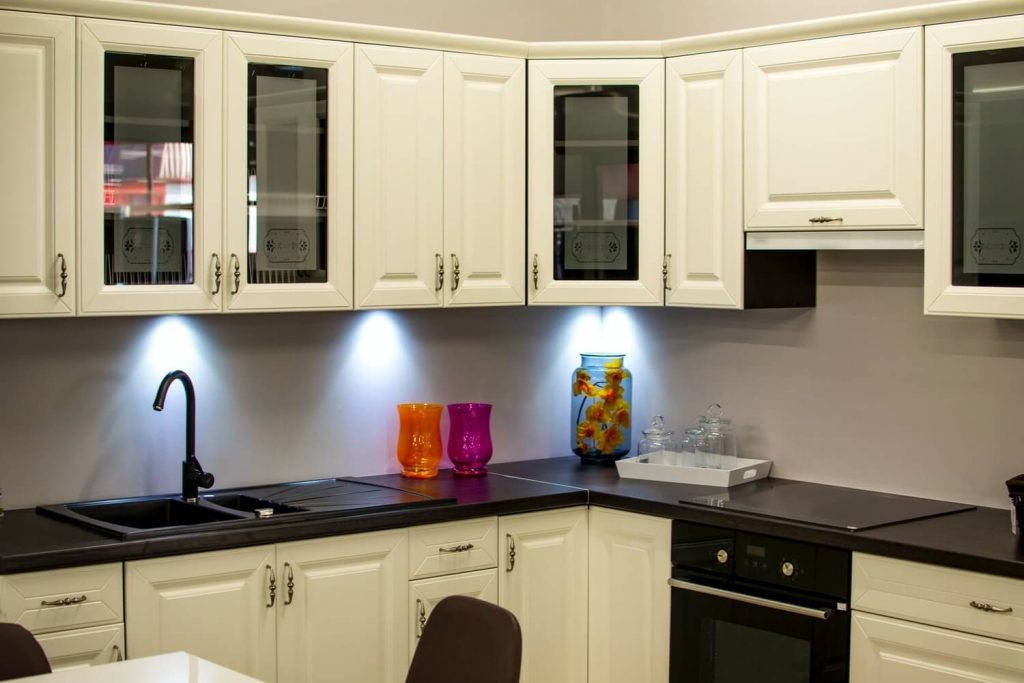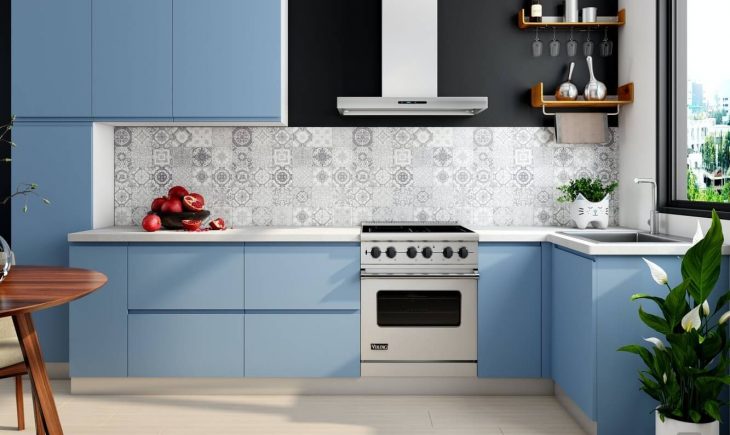A bad day at work can mess you up, but you know what’s even more frustrating? Packing your kitchen for a move. Compared to other sections like the living room or bedroom, the kitchen can complicate things with all its compartments, appliances, and utensils. But not to worry! There’s nothing an informed homeowner can’t do! With this guide, breeze through the kitchen packing process like a pro using these simple tips!
Make a Plan
The first thing you want for any operation, big or small, is a solid plan. It will help you decide what goes where without wasting time or resources in the long run. See, it’s easy to accidentally forget about how many pots and pans with all the buzz surrounding a move. That’s why you should make a list of your entire inventory, so nothing is left behind. This is extremely helpful once you start packing, as it will be easier to recall which compartment the item belongs in when unpacking.
Organize Your Kitchen First
Since there’s a lot of stuff inside this room, you’ll find it exhausting to pack each section randomly. The secret to a stress-free kitchen move preparation is to get everything in order. Start by identifying what things you’ll bring with you and which ones you’ll leave behind. A golden rule of thumb is letting go of duplicates, old utensils, or equipment you barely even use. You could always buy a new one at your new home.
Clean Up Before You Start Packaging Items
Next to the garage, the kitchen is probably the messiest room in the house. Dishes, utensils, plastic wraps, and food bits are everywhere. Before you start packing, make sure your kitchen is clean. Not only does it boost your morale, but it helps your family from picking up germs during the process.
Have Supplies Ready
It may seem like common sense, but having everything on hand can save hours and precious energy. You don’t want to be scurrying to the local grocery on the day of your move, right? Make sure every packing essential, from bubble wraps to tape to boxes are ready. You also want to stock up on cleaning products in case of spills together with trash bags for garbage. Also, don’t forget to buy markers to label your boxes.
Pack Your Kitchen Items Separately
This part may seem obvious, but every item in the kitchen must have its own designated spot. For example, baking ingredients will be stored differently from spices and oils, right? So when you pack for a move, make sure all of these items get their specific boxes or containers so they won’t mix up with other things during transport! Basically, group items or utensils with similar or relative functions together.
Pack Your Appliances First
Appliances require more space and utmost care than other kitchen supplies. Knowing this, it’s vital that you pack them first to have more room inside the truck. Be careful with large ones like the fridge or the stove. Don’t attempt to lift or tinker with it by yourself without proper knowledge. Better yet, you should entrust this job to your movers.
Insert Paper or Foam Between Plates
Glassware and ceramics will be at risk of breakage during transit. This includes plates, bowls, and mugs! Pots and pans might get dented due to the vibrations of the truck. Not to worry, though! Old newspapers and bubble wraps are your friends during this time of need. Just insert or wrap them on a piece of breakable to act as a cushion against all the rocking and bumping.
Prepare a Box of Essentials
You can’t expect to unpack everything and finish settling down at your new home within a day or two. It typically takes about a week for the average American household to get back on its feet. That being said, you have to make sure you’re prepared to survive this first week. Prepare an essentials box where you put cooking ware, eating utensils and food products.

Conclusion
The idea of moving sounds fun until you have to do it yourself. And packing the kitchen is just one of the many things you’ll have to take care of. If you’re keen on making your move as stress-free as possible for your family, don’t be afraid to invest in hiring professionals who understand your needs, listen to your concerns, and do everything they can to deliver your money’s worth.


